-
Asked by thus520jeer on 18 Dec 2024. This question was also asked by fate520hued, wear520oars, date520oars, mace520whys, wych520whys, sarah, mace520monk, faux520mast, ImanA, bury520doat, agee520harp, care521vert, daws520corn.
Question: I would like to know how you became a scientist and you journey to acheive this
- Keywords:

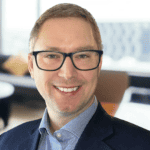
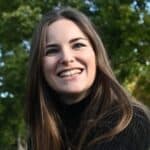

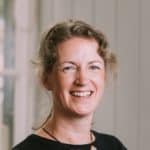
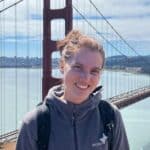
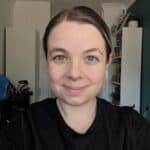
Comments
sandrarobertson commented on :
While still at high school I really enjoyed all the hands on practical activities, but started to struggle with the studying from books, and sitting tests. After school I decided not to go to college or university, but to look for a job which allowed me to do the ‘hands on’ activities that I really enjoyed. My first Laboratory Assistant role was with a company making foam products for packaging and sports protection. It was nothing like what I did in a school laboratory, but I was experimenting with formulations and testing final products, and although this job didn’t last very long due to the company closing, I knew I had made the right choice for me. My other jobs since then have all been about ‘transferrable skills’ as much as my qualifications from education. Learning to follow procedures and instructions accurately. Taking the opportunity to learn new equipment or techniques as technology has developed. I now work for a company where peoples lives depend on the quality of the products I make, which is really challenging, but also very rewarding.